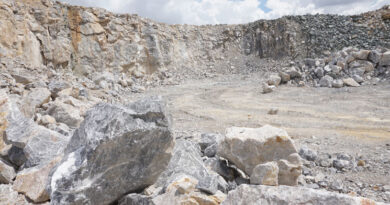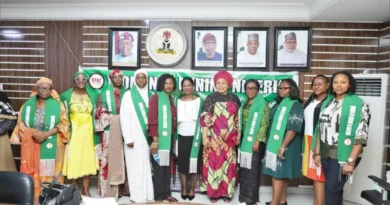Optimizing Nigeria’s Solid Mineral Sector: Challenges, Opportunities, and Policy Recommendations
Nigeria’s solid mineral sector holds vast potential for economic diversification and growth. Despite its abundant mineral resources, the sector remains underdeveloped due to numerous challenges. However, with strategic reforms, the industry can significantly contribute to Nigeria’s GDP, create jobs, and attract foreign investment.
Challenges Facing Nigeria’s Solid Mineral Sector
- Inadequate Infrastructure: Poor road networks, lack of rail transportation, and unreliable power supply hinder efficient mineral exploration and transportation.
- Illegal Mining: Unregulated artisanal and small-scale mining activities lead to revenue loss, environmental degradation, and security risks.
- Weak Regulatory Framework: Inconsistent policies, weak enforcement of mining laws, and bureaucratic hurdles discourage investment.
- Limited Access to Finance: Mining companies, especially local operators, struggle to access funding due to high capital requirements and perceived risks.
- Low Technological Advancement: Many mining operations still rely on outdated methods, leading to inefficiency and poor yield.
- Environmental and Social Concerns: Mining activities cause deforestation, pollution, and displacement of local communities without adequate compensation.
Opportunities in Nigeria’s Solid Mineral Sector
- Economic Diversification: Developing the sector can reduce Nigeria’s dependence on oil revenue and create new income streams.
- Foreign Investment Potential: With the right incentives, international mining companies can bring expertise, technology, and funding.
- Job Creation: Expansion of mining operations can generate employment opportunities across different skill levels.
- Export Revenue: Processed minerals such as limestone, gold, and tin have strong export potential, boosting foreign exchange earnings.
- Technological Advancement: Adoption of modern mining technologies can improve productivity and sustainability.
- Public-Private Partnerships (PPP): Collaboration between the government and private investors can drive infrastructure development and sector growth.
Policy Recommendations for Sector Growth
- Strengthen Regulatory Frameworks: The government should streamline mining regulations, enforce compliance, and eliminate bureaucratic bottlenecks.
- Improve Infrastructure: Investment in roads, rail networks, and power supply will enhance mining logistics and efficiency.
- Encourage Legal Mining Operations: Formalizing and supporting artisanal miners through training, access to finance, and equipment will curb illegal mining.
- Attract Foreign and Local Investment: Offering tax incentives, simplifying licensing processes, and ensuring security will make the sector more attractive.
- Enhance Research and Development (R&D): Funding geological surveys and technological research will improve mineral discovery and extraction methods.
- Environmental Protection Policies: Strict environmental regulations and rehabilitation programs should be enforced to mitigate mining-related damages.
- Capacity Building and Skill Development: Establishing mining institutes and vocational training programs will provide skilled labor for the industry.




